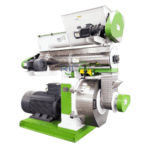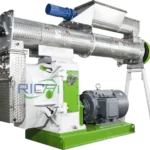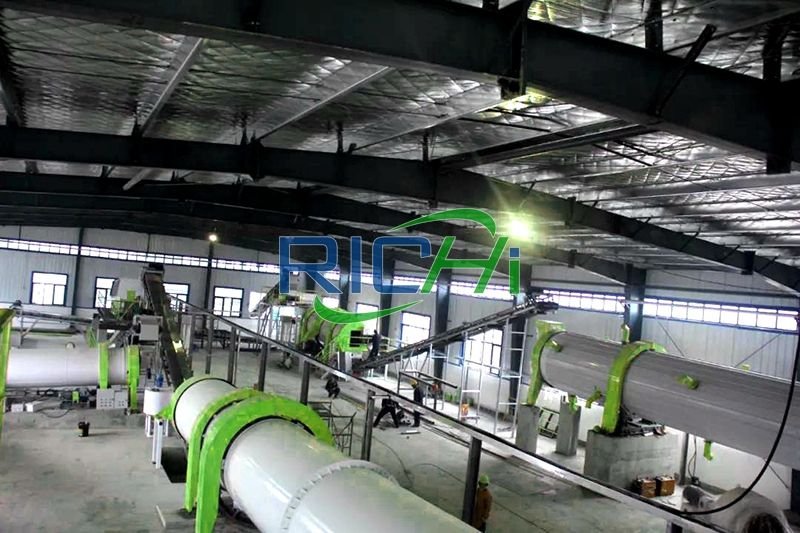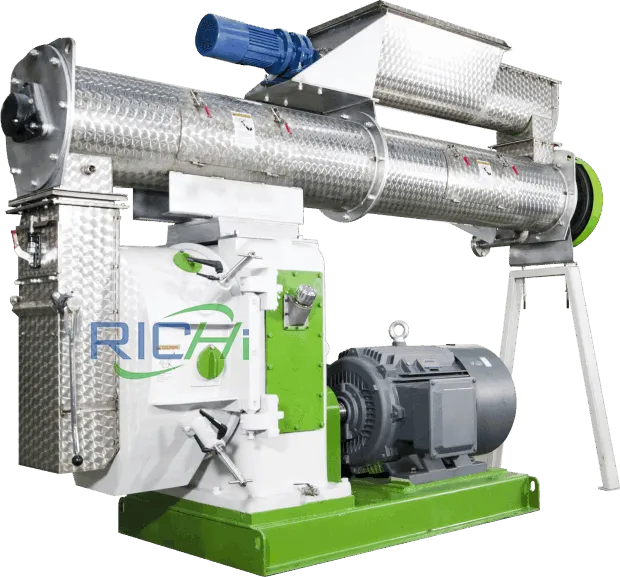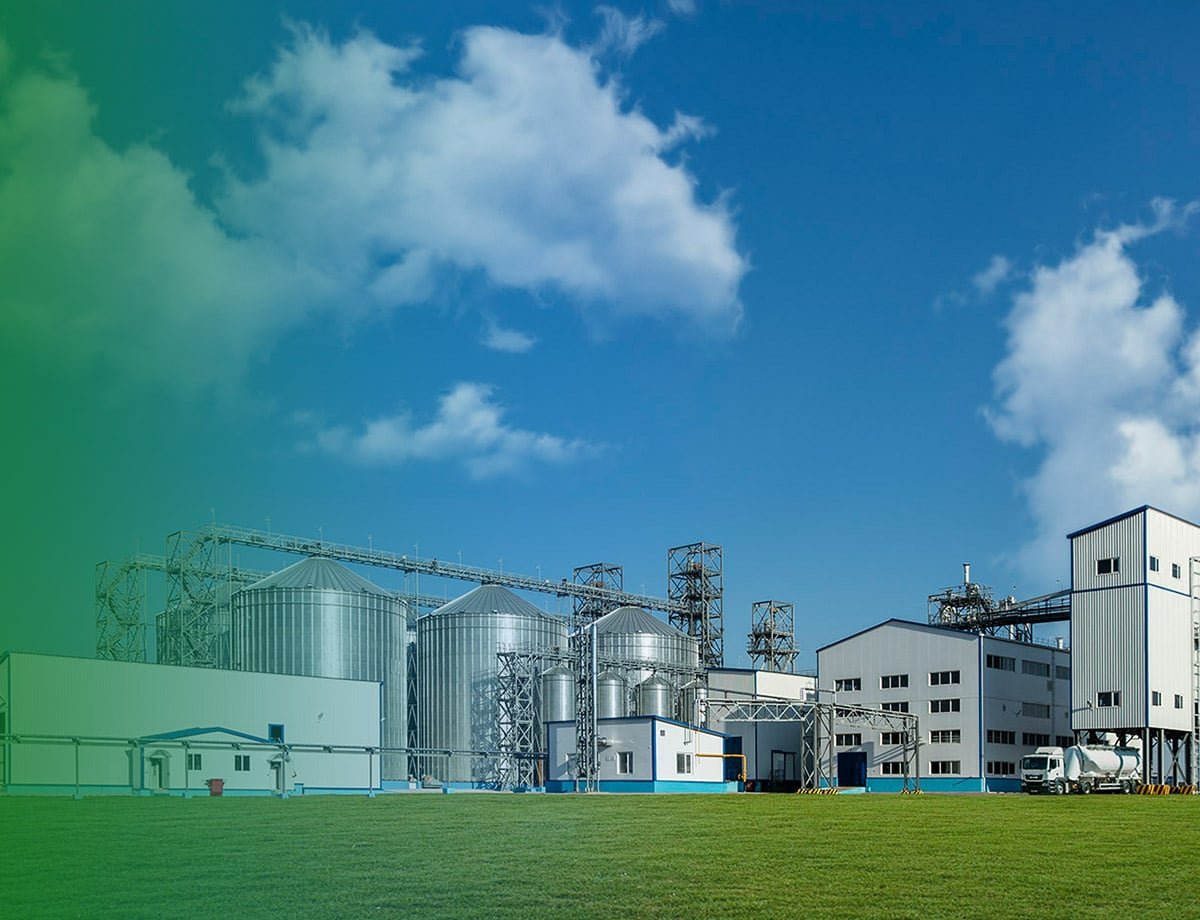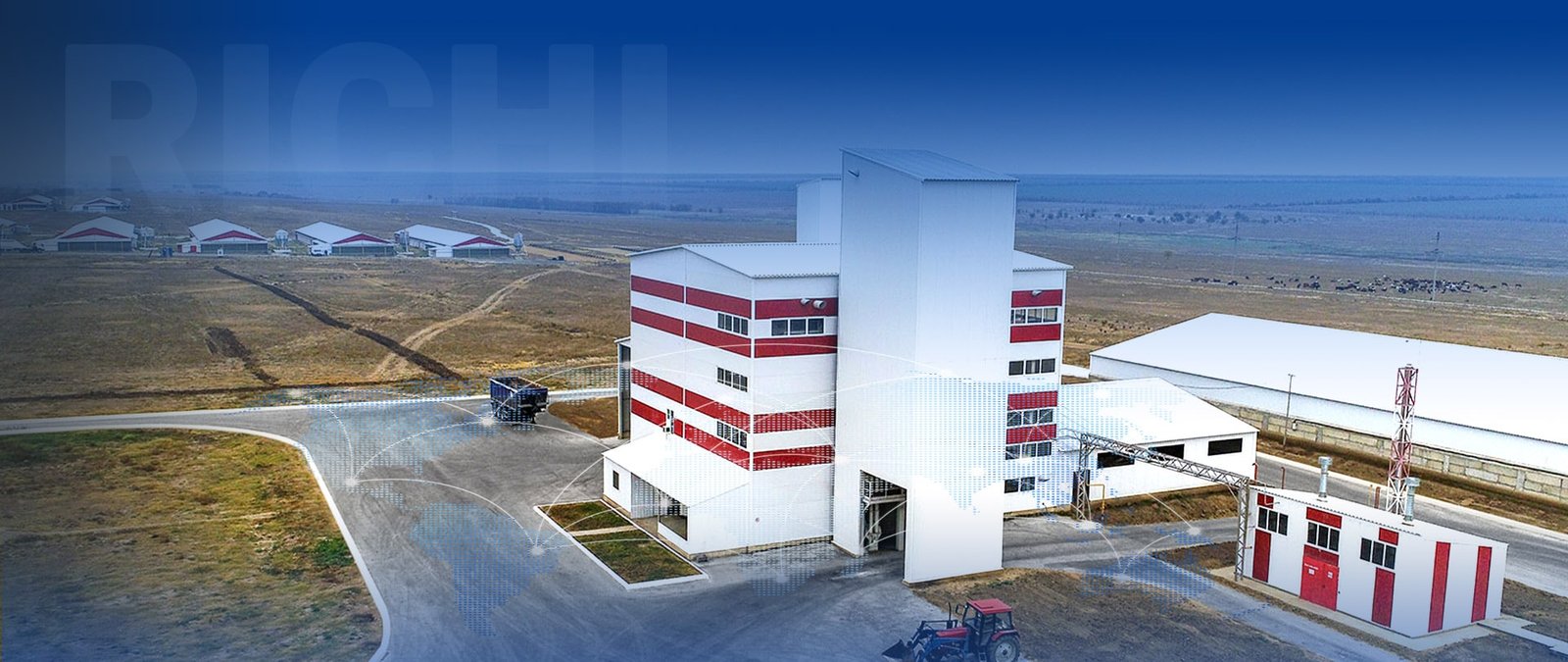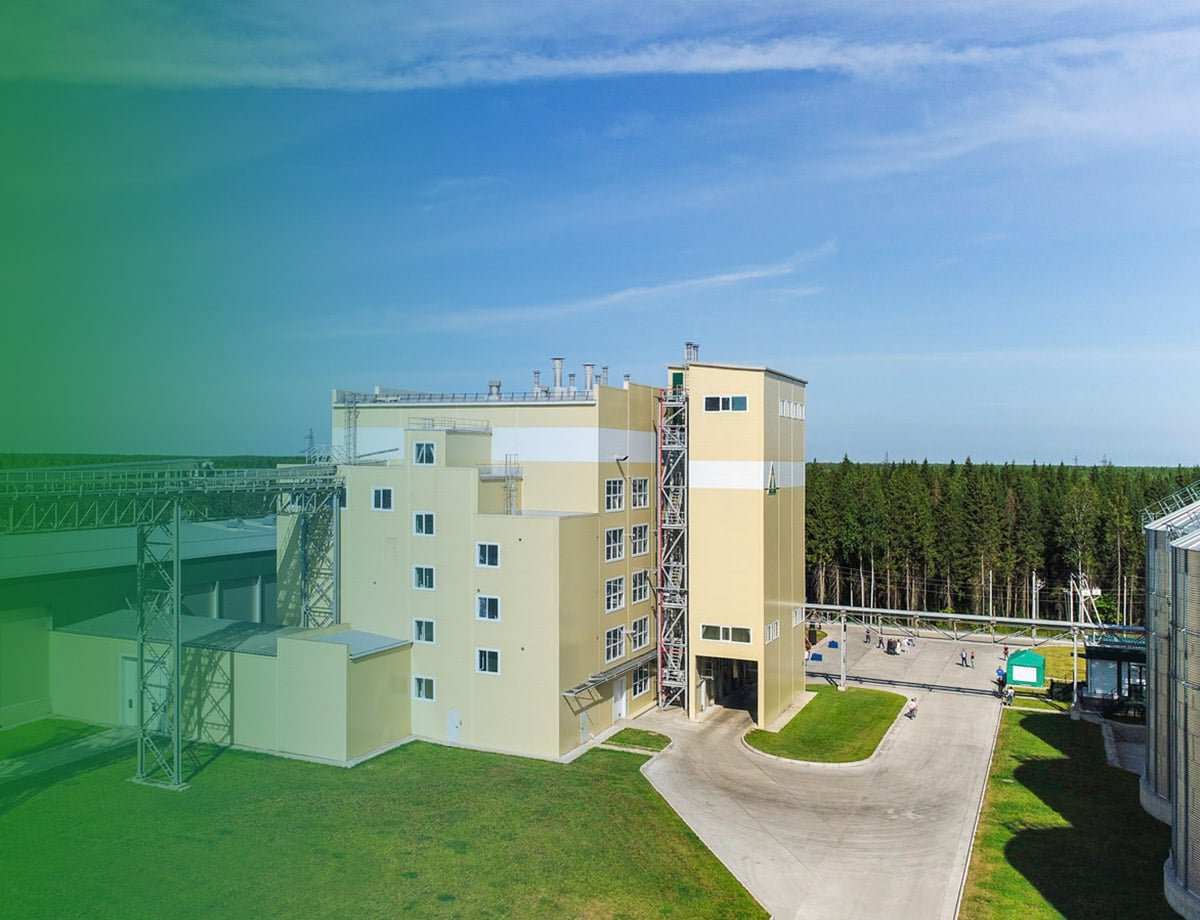In the pursuit of sustainable and environmentally friendly agricultural practices, the adoption of organic fertilizers has gained global traction. Derived from natural sources such as plant and animal waste, organic fertilizers offer a viable alternative to synthetic counterparts, promoting soil health, reducing environmental impact, and enhancing the growth of nutrient-rich crops.
However, the handling and application of loose organic matter pose challenges in terms of efficiency and effectiveness. This is where organic fertilizer pellet making machines emerge as transformative tools, revolutionizing the production and utilization of organic fertilizers.
Advantages of Organic Fertilizer Pellets
Organic fertilizer pellet making machines are specialized equipment designed to convert loose organic materials into compact, uniform pellets. This transformation offers several key advantages over traditional organic fertilizers:
1. Enhanced Nutrient Availability and Efficiency: Organic fertilizer pellets are designed to enhance nutrient availability and efficiency in soil. The pelleting process not only increases the density of organic matter but also ensures a controlled and uniform release of nutrients. This controlled release pattern provides plants with a steady supply of essential nutrients throughout their growth cycle, thereby promoting optimal growth and higher yields.
2. Improved Handling and Application: Handling and applying loose organic matter can be cumbersome and inefficient. Organic fertilizer pellet making machines alleviate these issues by converting organic materials into pellets that are easier to handle, store, and apply. The uniform size and shape of pellets allow for precise application rates, minimizing waste and ensuring even distribution of nutrients across the soil. Specialized application equipment such as broadcast spreaders or precision planters can further enhance efficiency and accuracy.
3. Reduced Environmental Impact: While organic fertilizers are inherently more environmentally friendly than synthetic alternatives, the production and application of loose organic matter can still pose environmental challenges. Organic fertilizer pellets mitigate these concerns by reducing nutrient leaching and runoff. The controlled release of nutrients from pellets minimizes the risk of over-fertilization, thereby decreasing groundwater contamination and greenhouse gas emissions associated with excess nutrient application.
4. Versatility in Applications: Organic fertilizer pellet making machines find diverse applications across various agricultural and horticultural settings:
- Commercial Agriculture: Large-scale farms benefit from efficient pellet production and application, supporting sustainable crop production and meeting the demand for organic produce.
- Organic Gardening and Landscaping: Home gardeners and landscapers use organic fertilizer pellets to nourish plants and lawns sustainably.
- Nurseries and Greenhouses: Operations utilize pellets to provide tailored nutrient solutions for plants, ensuring optimal growth and maintaining organic certification.
- Soil Remediation and Restoration: Pellets contribute to replenishing depleted soils and supporting ecosystem health in restoration projects.
- Organic Fertilizer Production: Manufacturers leverage pellet making machines to expand product offerings and meet the growing demand for efficient organic fertilizers.
Related post: https://www.richipelletmachine.com/organic-fertilizer-production-line/
Enhancing Efficiency and Sustainability
In addition to their versatile applications, organic fertilizer pellet making machines improve overall efficiency and sustainability in agricultural operations:
- Optimized Storage and Transportation: Compact pellets optimize storage space and reduce transportation costs, enhancing logistical efficiency and lowering environmental impact.
- Resource Utilization: Controlled nutrient release from pellets promotes efficient resource utilization, reducing waste and supporting sustainable agricultural practices.
- Cost Savings: Efficient nutrient delivery and reduced wastage translate into cost savings for farmers and growers, bolstering economic viability.
As global demand for organic and sustainable farming practices continues to rise, organic fertilizer pellet making machines will play a pivotal role in supporting this transition. By leveraging these advanced technologies, stakeholders in agriculture can contribute to producing nutrient-rich crops, improving soil health, and fostering a sustainable future for food systems worldwide. Organic fertilizer pellet making machines stand at the forefront of agricultural innovation, empowering farmers and growers to embrace eco-friendly practices while ensuring productive and sustainable agricultural ecosystems.
